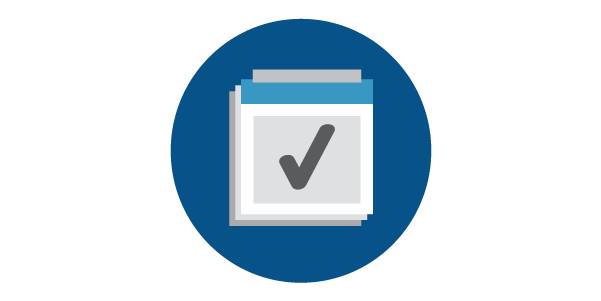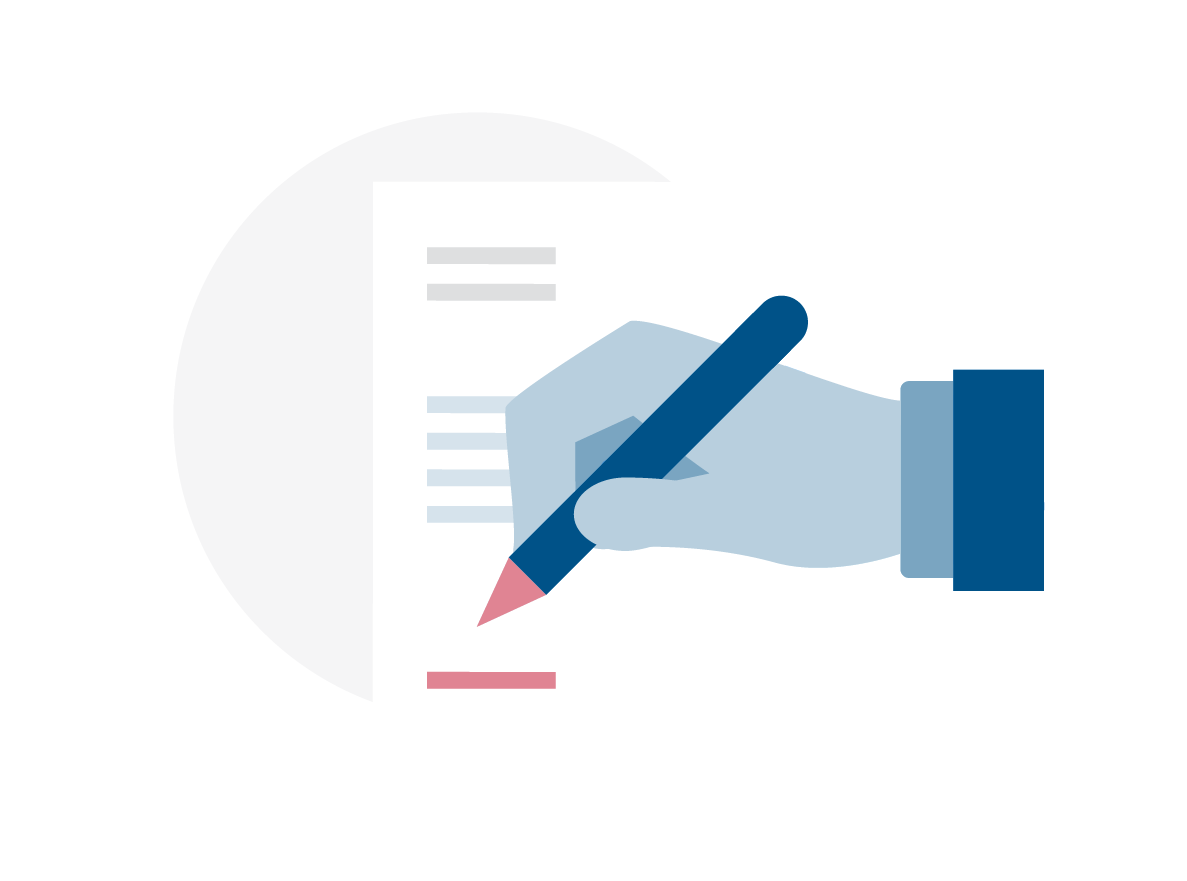Learn about the four-step process your company or organization can follow to do business with FEMA, in accordance with the Robert T. Stafford Act.

Support Hurricane Recovery
If you are interested in contracting with FEMA or the government to support recovery from Hurricane Helene and Hurricane Milton, read the information on this page carefully and contact FEMA's Industry Liaison Program for more information.
1. Talk to your Local Association of Procurement Technical Assistance Center (APTAC)
Government contracting can be complex, especially for small businesses getting involved for the first time. Fortunately, there are offices ready to help you: the Procurement Technical Assistance Centers (PTACs). There are PTAC counselors in over 300 locations who will work with you to understand the steps to getting a contract with the government.
The Association of Procurement Technical Assistance Center (APTAC) also provides business guidance and tips for registering with SAM.gov.
2. Register in System for Award Management (SAM)
Once you have an understanding of the process from the PTAC counselor, you must register to do business with the federal government through the System for Award Management (SAM). Registration is free.
You will need a Unique Entity ID (UEI) and your Tax Identification Number (request by visiting www.irs.gov) if your principal business is located in the United States or U.S. territories. The Unique Entity ID is a 12-character alphanumeric ID assigned to an entity by SAM.gov. Please note that this replaces the Dun and Bradstreet "DUNS" Number that was previously used for SAM.gov new registrations.
During the registration process, you must indicate you want to participate in the Disaster Response Registry. This allows contracting officers to locate your company through the Disaster Response Registry Search.
3. Understand FEMA’s Mission and Goals
FEMA’s mission is to help people before, during and after disasters. This is the top focus of everybody working for or with FEMA in the field. Once there is a presidential declaration of a major disaster or emergency, FEMA coordinates and collaborates with federal, state, local and tribal agencies to get assistance to survivors.
If your company has goods or services that are useful in the situations described below, then proceed to step two.
- Emergency Support Functions (ESFs) may be selectively activated for both Stafford Act and non-Stafford Act incidents. Resources coordinated though ESFs are assigned where needed within the response structure. Regardless of where ESFs may be assigned, they coordinate closely with one another to accomplish their missions.
- Mission Assignments: Federal agencies may provide disaster assistance under their own authorities or through mission assignments from FEMA, authorized by the Stafford Act.
- FEMA issues mission assignments in anticipation of, or in response to, a Presidential declaration of an emergency or major disaster. Mission assignments allow for deployment, employment and assistance from the full range of federal resources to support disaster needs.
- State Emergency Management Agencies: During emergencies, each state coordinates the activation and use of resources needed to support the local governments to respond and recover from emergency and disasters.
- National Response Framework guides how the nation responds to all types of disasters and emergencies.
Top Commodities Procured for Disasters
Before starting the process to become a contractor with FEMA after a local disaster, review our list of most needed items to find areas where you can make the biggest impact. For more information, send an email with “CUSI Information Request” in the subject line to the FEMA Industry Liaison Program. A program representative will respond if there is a potential basis to do business.
- Infant/Toddler Products
- Durable Medical Equipment Kits
- Consumable Medical Supplies Kits
- Plastic Sheeting
- Tarps
- Blankets
- Comfort/ Hygiene Kits
- Water
- Meals
- Forklift Rentals
- Cargo Vans
- Security Guard Services
- Generators
- Cots
- Joint Field Office Kit
- Leased Copiers
- Leased Generators
- Office Supplies
- Shredded Bins
- Portable Toilets
- Sign Language
- Temporary Labor
- Janitorial Services
For more information on the Commonly Used Sheltering Items (CUSI), please email with the subject "CUSI Information Request." Your inquiry will be reviewed and sent to applicable representatives.
4. Monitor Contracting Opportunity Sites
Contract opportunities are available on sam.gov for people who make, receive and manage federal awards. This is where organizations within the federal government publish notices on proposed contract actions valued at more than $25,000. Direct all questions to the Federal Service Desk at 1-866-606-8220.
FedBid is now Unison Marketplace, a fully managed online marketplace connecting sellers to federal and commercial opportunities. Direct all questions to (877-933-3243) or their customer support form.
The Department of Homeland Security Acquisition Planning Forecast System is a portal for small business vendors to view anticipated contract actions above $250,000.
Additional Resources

Find answers to Frequently Asked Questions about doing business with FEMA.
Transportation Programs
Are you part of the commercial transportation industry? Are you able to move items essential for saving and supporting lives after a disaster rapidly? Read about the possible transportation services opportunities.
Transitional Sheltering Assistance
Local hotels and motels can participate in FEMA’s Transitional Sheltering Assistance program, which offers rooms to disaster survivors seeking housing aid. Learn more about emergency lodging assistance.
Volunteer or Donate Goods
If your organization has goods or services to donate to disaster response and recovery efforts, learn how to contribute.
National Minority Supplier Development Council
The National Minority Supplier Development Council advances business opportunities for certified minority business enterprises and connects them to corporate members.
Small Business Program
FEMA has resources to assist small businesses in their pursuit of federal procurements and continuous learning of small business programs to include policies and procedures that affect small business federal contracting.
Debris Removal
Debris removal is often contracted locally after a disaster. If your company provides debris removal services, you can sign up with the Corps of Engineers Contractor Registry. You can also register your business information (including your capabilities and locations served).
Advanced Contracts
FEMA advance contracts are competed and awarded in advance of major disaster declaration. Search the advance contracts for goods and services.
Submit Capabilities or Request a Meeting
You can inform FEMA of your company's capabilities, or request a meeting with a FEMA representative, by submitting a Vendor Profile Form. There is no cost associated with submitting a Vendor Profile Form.

Fill Out the Vendor Profile Form
Please be specific about how your product(s) and/or service(s) can support FEMA’s mission.
Go to Vendor Profile Form
Please Note
The form is used to assist in secondary market research and is voluntary. Information supplied should not be proprietary or sensitive in nature.
You do not need a Vendor Profile Form to bid on a contract, but you do need to be registered in SAM.gov.
You do need to submit a Vendor Profile Form to request a meeting. There is no guarantee of a meeting, however your capabilities will be shared with the appropriate FEMA program.
Submission of the vendor profile form does not:
- Place you on a preferred list of vendors to be considered for procurements; FEMA does not maintain such a list.
- Guarantee contract award. Please continue to monitor contracting opportunity sites.
- Guarantee meeting with FEMA Representatives.
Contact
For all other inquiries related to doing business with FEMA, please contact the FEMA Industry Liaison Program.



